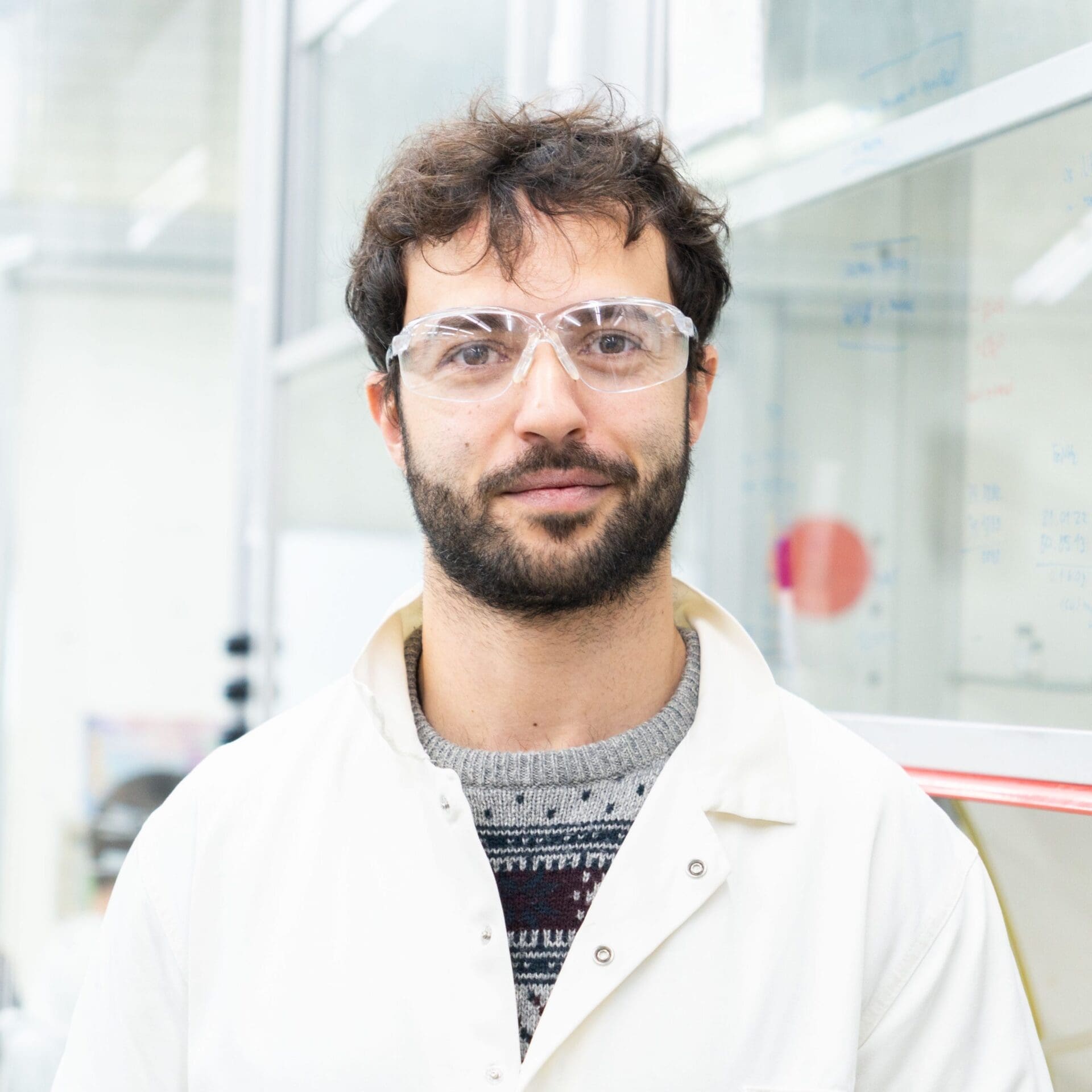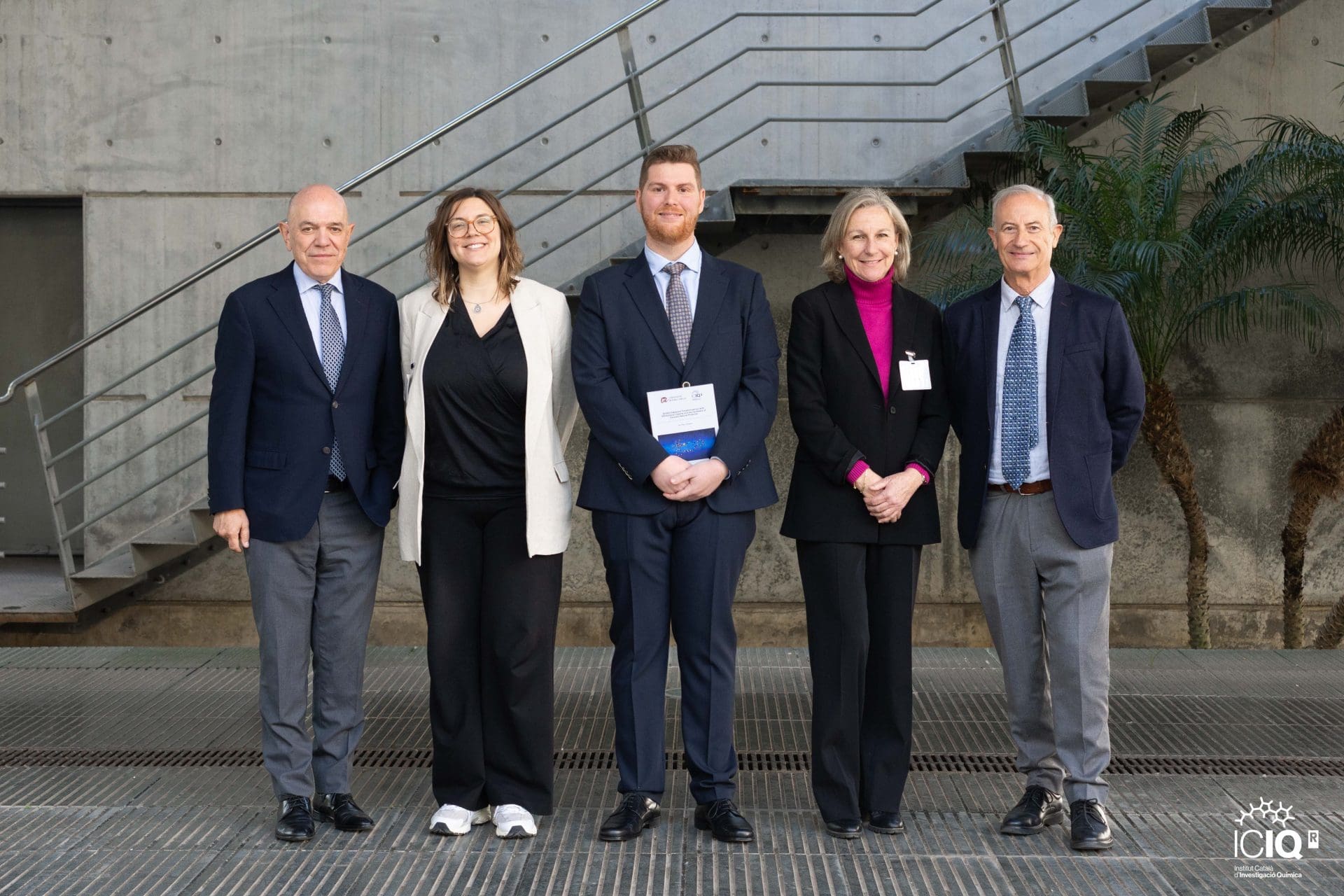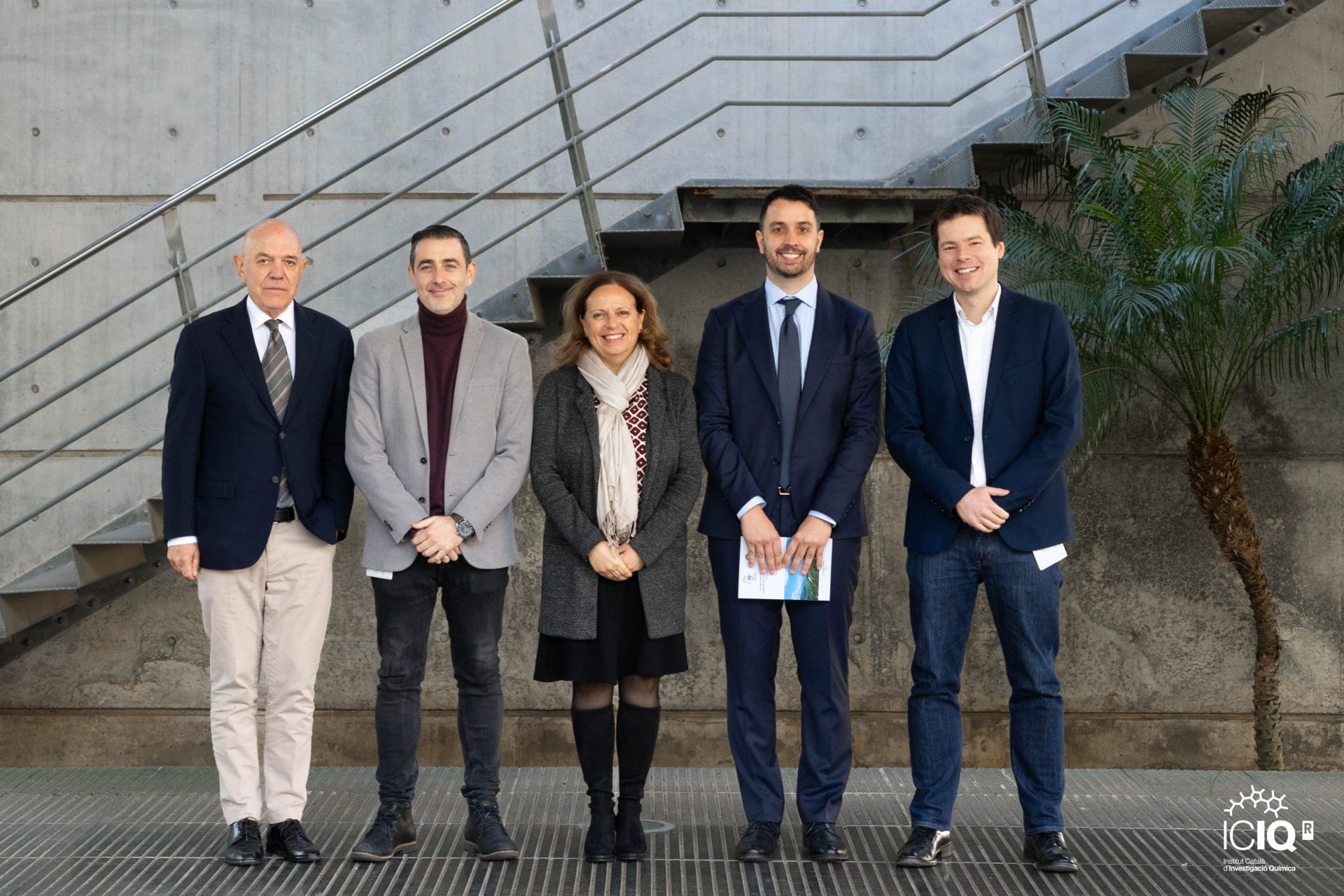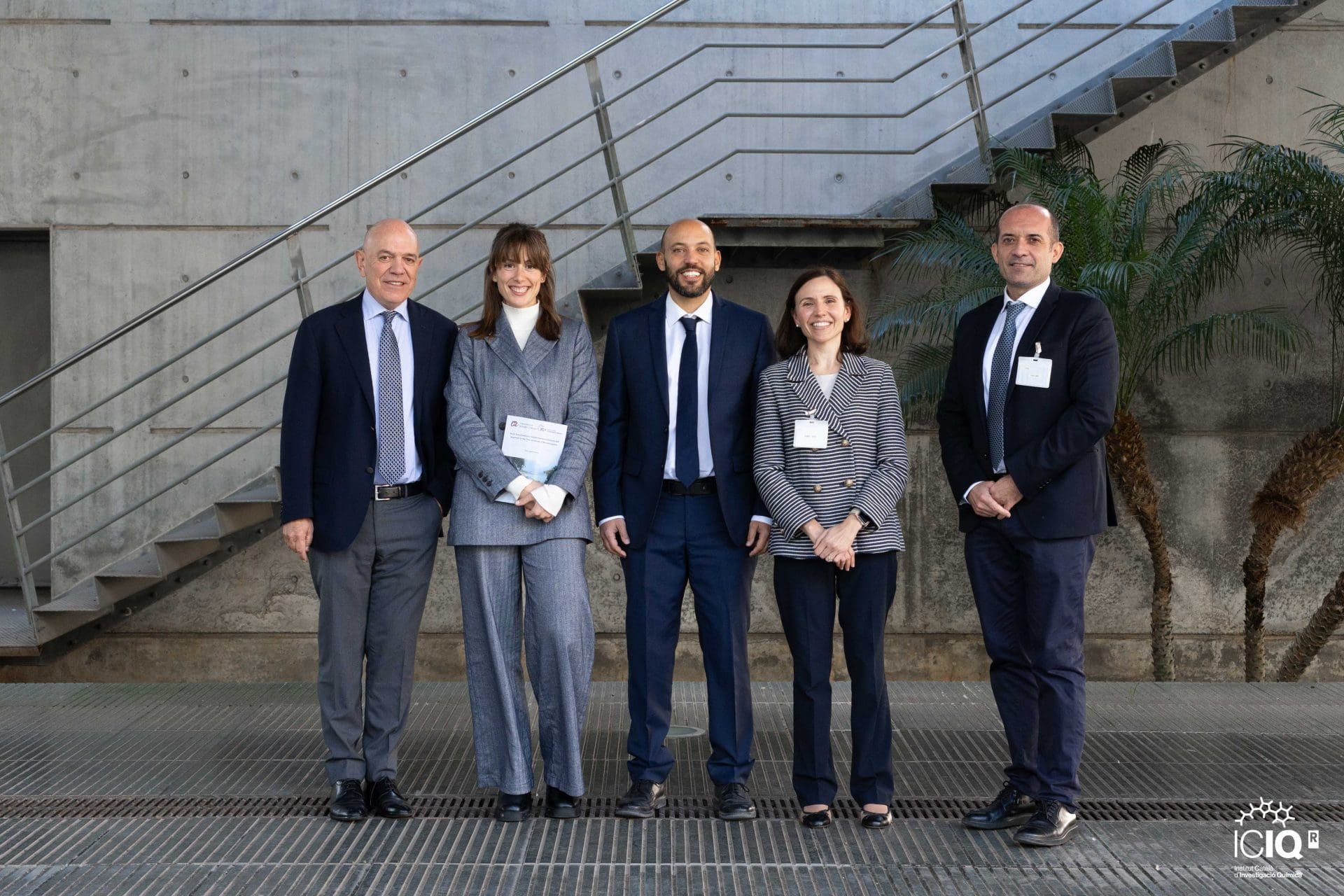¡Enhorabuena, Dra. Arroyo!
Ana Arroyo, PhD student under the supervision of Prof. Antonio Echavarren (ICIQ), has defended her thesis entitled “Design of New Gold(I) Catalysts: Dissecting Electronic and Steric Effects” publicly on May 19th.
The members of the evaluation committee were Prof. Maribel Matheu (Universitat Rovira i Virgili), Prof. Fernando J. López (Universidad de Santiago de Compostela) and Prof. Allegra Franchino (Durham University)

Dr. Arroyo was born in Madrid, where she studied Chemistry at Autonoma University of Madrid and then she did the Master in Organic Chemistry at the same university.
About her hobbies, she enjoys practising sports, watching tv series, go to the beach and travelling. Moreover, she loves spending time with her family and friends and enjoy quality time in her two villages Sacedón and Calanda.
Why did you become a scientist?
I always liked science in general in high school and that it made me curious to continue learning.
What do you want to achieve as a scientist?
I would like to help others with my research or to transmit the curiosity of the science to others.
What is your thesis about?
My thesis is about the study of new gold(I) catalysts and their application in enantioselective transformations. And it has also a part of the use of gold(I) catalyst for targeting senescent cells.
What applications can your thesis have in the future?
It can be used for expanding the knowledge in gold(I) catalyzed transformations.
The thing that I like most about my thesis is….
Not only all the things that I have learned about doing research, but also all the people that I have had the pleasure of working with over these years.
From the lessons learnt (or skills developed) at ICIQ, which one do you value the most?
The importance of having communication with my supervisor and colleagues, and the importance of negative results are also results, sometimes as useful as the positive ones.
What ICIQ moment you´ll never forget?
Every moment shared with my labmates and friends.
What do you wish you had known at the beginning of your PhD?
Take advantage of every experience, because you learn from each one.
What advice do you have for someone who’s starting their PhD now?
That a good organization from the beginning can be very useful later.
Have you ever been emotional over an experiment/simulation? Why?
Every time that I had crystals from compounds for X-ray analysis, when I had good results that I was expected and, in general, every time that my labmates had good results too!
If you were a piece of lab equipment, what would you be?
I would like to be an ultra-high performance liquid chromatography/mass spectrometry (UHPLC/MS) instrument, because it can give you a lot of information about the components of a reaction in a short time and we spent a lot of time together during these years.


Related news

Let's create a brighter future
Join our team to work with renowned researchers, tackle groundbreaking
projects and contribute to meaningful scientific advancements





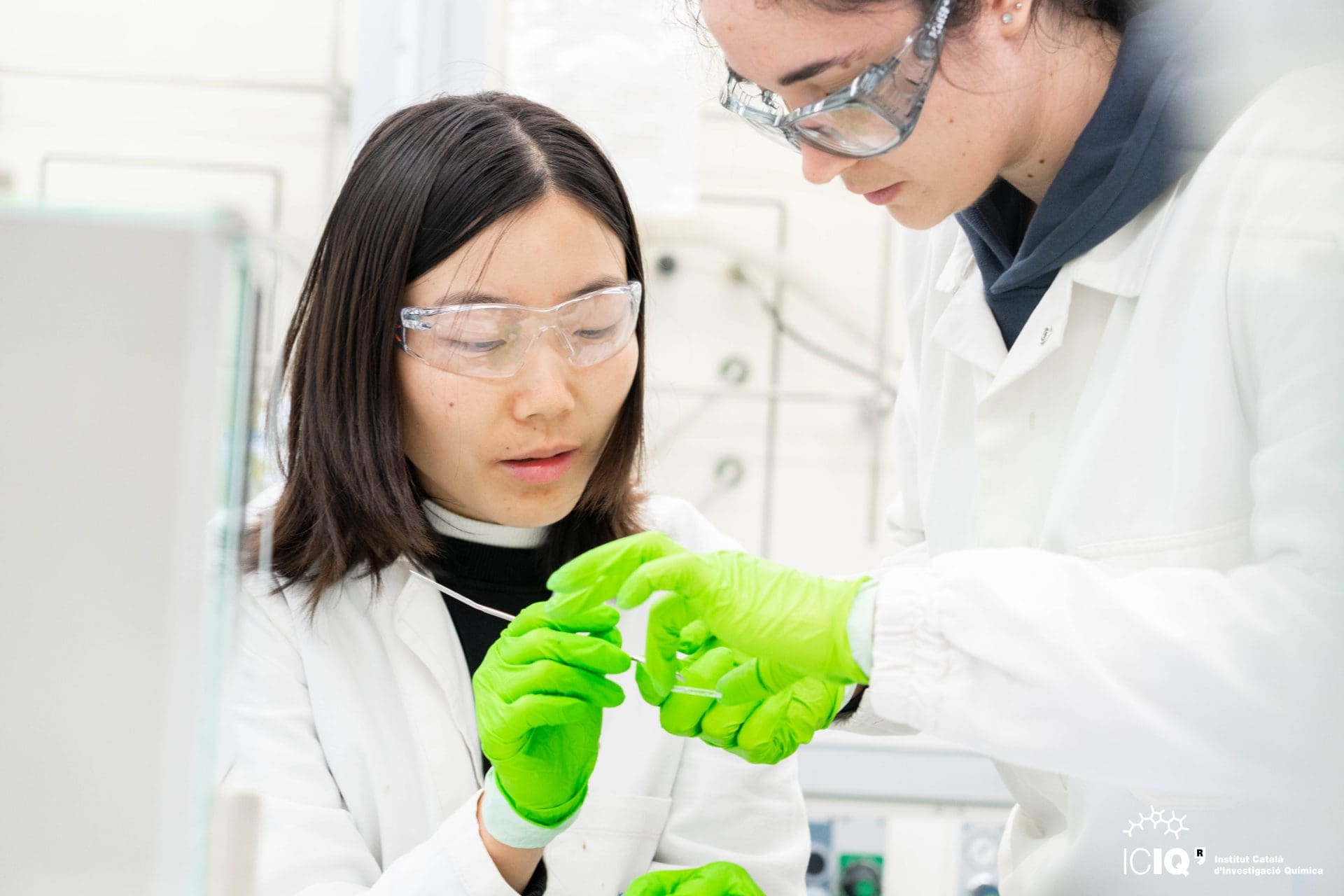
 21-01-2025
21-01-2025 